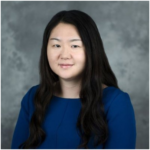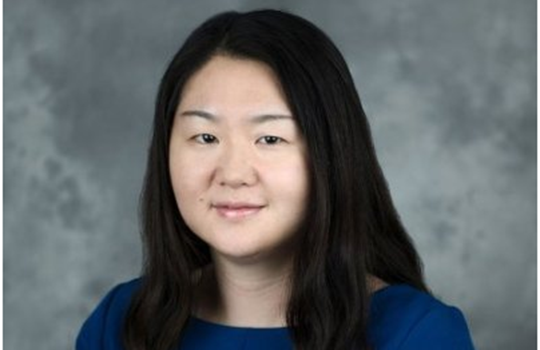 Seven months ago, when I had just started my new career as a research editor at The BMJ, I was impressed by the open peer-review model that the journal applies. It is something new to me—I searched in my mind and could not come up with any international academic periodical in my field (nephrology) that practices such an open model. As far as I know, few Chinese academic journals have such an open model either. Encouraged by Elizabeth Loder, The BMJ’s head of research, I thought it would be interesting to know what Chinese doctors and researchers think about the open model.
Seven months ago, when I had just started my new career as a research editor at The BMJ, I was impressed by the open peer-review model that the journal applies. It is something new to me—I searched in my mind and could not come up with any international academic periodical in my field (nephrology) that practices such an open model. As far as I know, few Chinese academic journals have such an open model either. Encouraged by Elizabeth Loder, The BMJ’s head of research, I thought it would be interesting to know what Chinese doctors and researchers think about the open model.
And so, introducing the open-peer review model and asking for feedback became a “must-do” when I did outreach on behalf of The BMJ in Chinese hospitals and research institutes. I asked doctors and researchers to share their opinions from the point of view of a researcher and a reviewer separately. Unsurprisingly, the results are very different. And, the attitudes toward the model also vary between senior and junior doctors, and researchers.
Overall, the doctors and researchers I have talked with welcome the open peer-review model as authors. They advocated transparency in the academic community. The following thoughts about open models are shared by many researchers and doctors. “Knowing who reviewed their work can help them better appraise, understand, and respond to the comments.” “It would not affect how I treat reviews, but I am curious and happy to know who reviewed my paper.” “Sometimes, it is interesting to know what happened to the published paper.” “I think prepublication documents provide a good resource to learn how to improve a paper based on comments from reviewers and editors.”
However, when approached from the point of view of a reviewer, the opinions showed some heterogeneity. Senior researchers did not think that the open model would cause unhappiness or resentment towards them if they shared objective comments, or pointed out weaknesses in a respectful and constructive way. They appreciated their work as reviewers could be credited in research community through the open model, and they were delighted to share their reviews with readers. But some of them said they were more likely to decline the invitation if they knew that their identities would be released, but they could not make a thorough and incisive review due to the tight schedule. They explained that the open model made them more cautious when accepting the invitations, and they would try their best to deliver a fair review with quality. “The authors and readers will know who reviewed the papers, so I need to write a good review. Otherwise, it hurts my reputation,” said a senior doctor who published several papers in high-impact factor journals.
Young researchers and doctors, on the other hand, were more conservative. A young doctor said he would not accept the invitation unless he was 100% sure and confident about his expertise on reviewing the paper, especially if the authors were famous in the field or from renowned institutes. Some young researchers seemed more relaxed and said they would point out any problems frankly, but they did acknowledge that they might be inclined to give relatively positive comments if they know that the authors will be aware of their identities. “But if I believe something is wrong, I would like to respectfully point it out.” A young researcher said.
I tentatively explored Chinese doctors’ and researchers’ opinions in the open peer-review model. I got the impression, as authors and readers, that the attitudes to the open model is positive. As reviewers, senior doctors or researchers felt more comfortable and confident with the open model, while younger researchers showed some reservations and uncertainties about the transparency. I think that the reason might be that the senior doctors and researchers have more experience in research and review. Some senior doctors and researchers I talked with published papers in high impact factor journals. They knew more about their area of medicine and had confidence commenting on their peers’ work. Doctors and researchers clearly feel accountable for providing a fair review in the open model, which is good news, although it takes more time to consider the invitations.
Daoxin Yin, China editor, The BMJ.
Competing interests: None.
